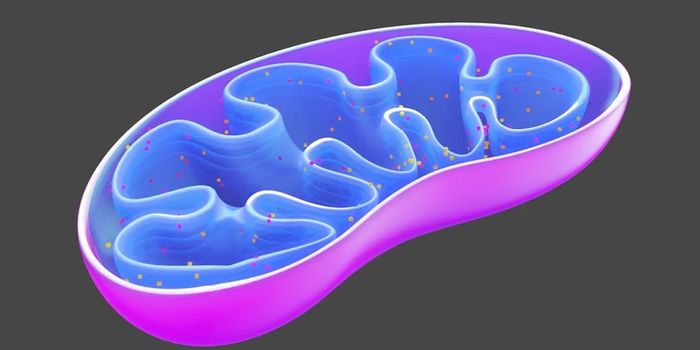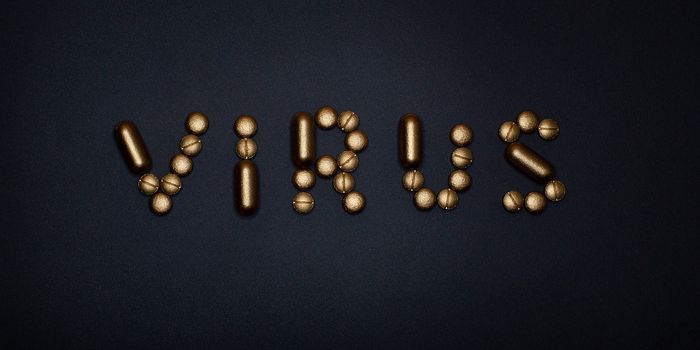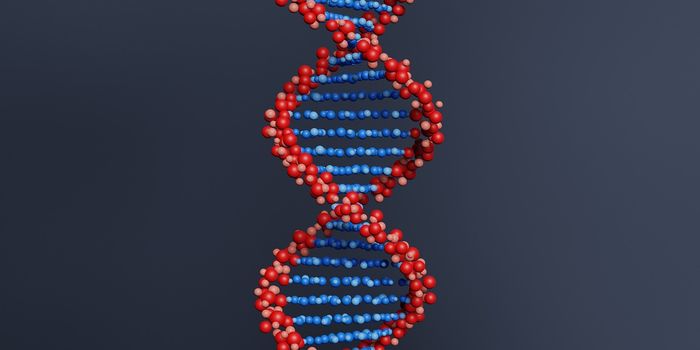Severely Ill COVID-19 Patients may have Longer Immunity Against the Virus
Researchers are still studying how long a person can stay immune against COVID-19 following infection. A new study by a research team from La Jolla Institute for Immunology (LJI), The University of Liverpool, and the University of Southampton have uncovered a new insight related to the matter.
The data from this study that was published in Science Immunology suggests that severe COVID-19 cases may have longer immunity against the virus compared with mild cases, as mentioned by one of the study co-leaders.
The team studied CD8+ T cells in the blood of 39 COVID-19 patients and ten individuals who have never been exposed to the coronavirus "have given their blood samples before the pandemic." They used a technique called single-cell transcriptomic analysis that studies the expression of genes of a single cell, in this case, CD8+ T cell.
Out of the 39 COVID-19 patients, 17 patients had a mild infection, 13 had been hospitalized, and 9 needed extra ICU support.
CD8+ T cells are killer cells responsible for fighting viral infections. They also act as memory cells that are important in protection against viruses in case of re-infection by recognizing those viruses and producing a strong immune response.
It is logical to assume that in the case of mild COVID-19 infection, the patients will have a stronger CD8+ T cells response than in severe cases since these are the cases where the immune system was able to fight infection in a stronger way. Still, to the researcher's surprise, they found out that mild cases had weaker CD8+ T cells response while the stronger response was seen in severely ill COVID-19 patients who required hospitalization.
So the worse the infection, the stronger the T cell response was.
The team also noticed that in milder cases of infection, the T cells were showing signs of T cell exhaustion. T cell exhaustion is a phenomenon where T cells become poorly functioning due to the continuous immune system stimulation during viral infection.
The study co-leaders concluded that severely ill COVID-19 patients would have stronger CD8+ memory T cells providing a stronger long-term immunity against the virus. In contrast, the memory T cells of patients with a milder infection will suffer from exhaustion, and poor functioning, which will not be effective for long.
The researchers aim to study further the CD8+ T cells response in tissues that are most affected by COVID-19 infection as the lungs.
The researchers mentioned that this study is an important step in closely studying the immune responses in infectious diseases. They also hope to use the single-cell transcriptomics techniques in investigating CD8+ T cell responses in cancer patients with COVID-19 infection.
Watch the video below to learn more about cellular transcriptomics.
Sources: ScienceDaily via La Jolla Institute for Immunology








